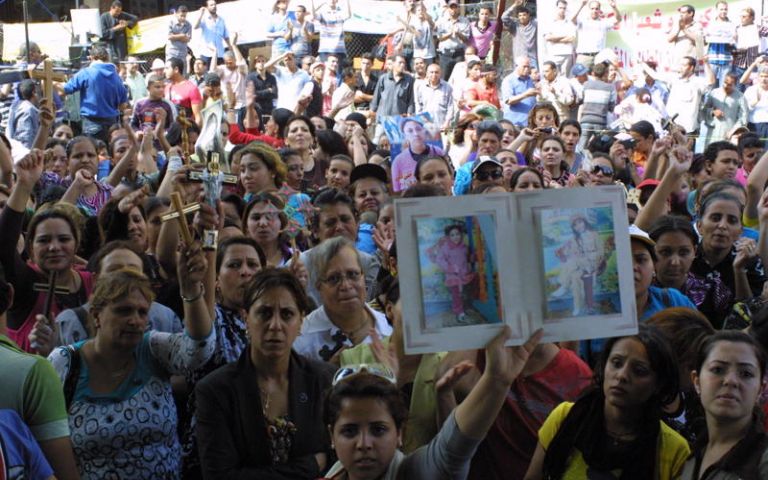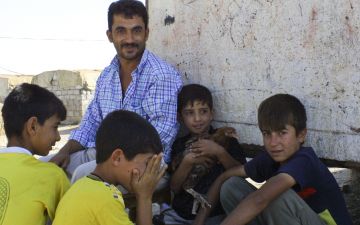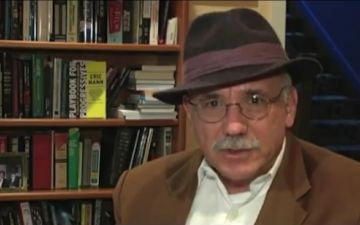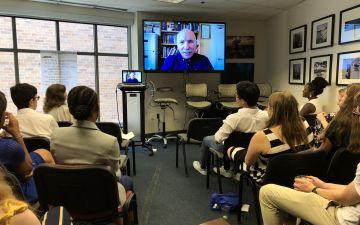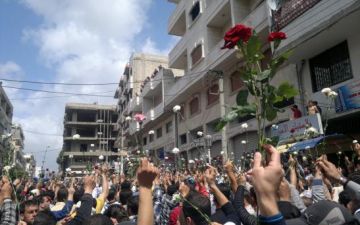Few observers thought that the uprising that began in Tunisia would so quickly spread throughout the entire Arab world. Egyptians overthrew the Mubarak regime but now struggle to determine what kind of new government they will create. Palestinians also demonstrated, calling for an end to the enmity between Hamas and Fatah, and then crossing long-sealed borders to protest against Israel. Now Syria teeters on the brink.
While media accounts sometimes lump everything together as the Arab Spring, in reality, the momentous events sweeping the region consist of individual, national efforts with their own particularities.
Veteran foreign correspondent Reese Erlich explores the Arab Spring from Syria to Egypt and Gaza. When the uprisings began, Syria’s President Bashar al Assad declared that people would never rebel in Syria. Rarely have rulers been so publicly mistaken.
For the past seven months, the people of Syria have demonstrated in an unprecedented uprising that shook the government to its core. Erlich had a rare opportunity to report from inside Syria and neighboring countries to deconstruct the myths spread both by the government and some of the opposition forces.
What are the demonstrators fighting for? Are they non-violent? What fate awaits Christians and other religious minorities if Assad falls?
Earlier, Erlich reported from Cairo, where ordinary Egyptians were far more supportive of the Palestinian cause than was Mubarak. In interviews with Tahrir Square leaders, Muslim Brothers and presidential candidates, Erlich reports on how Egypt’s policy towards the Palestinians will continue to change--and the ramifications for the U.S. and Israel.
And in Gaza, Erlich “embedded” with an extended Palestinian family that lives in northern Gaza, less than a mile from the Israeli border. The family expresses cautious optimism with regard to the new government in Egypt that helped broker the Hamas/Fatah agreement and now plans to open Egypt's border with Gaza.
